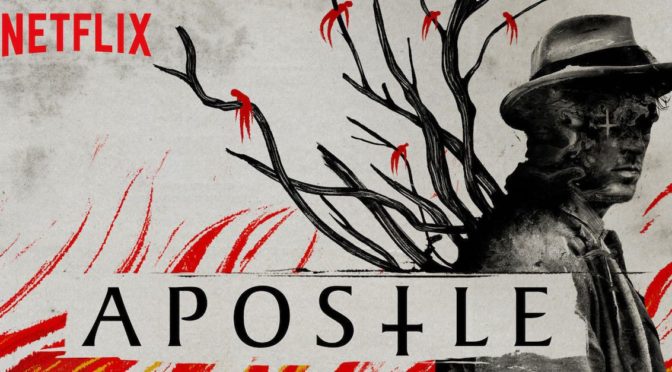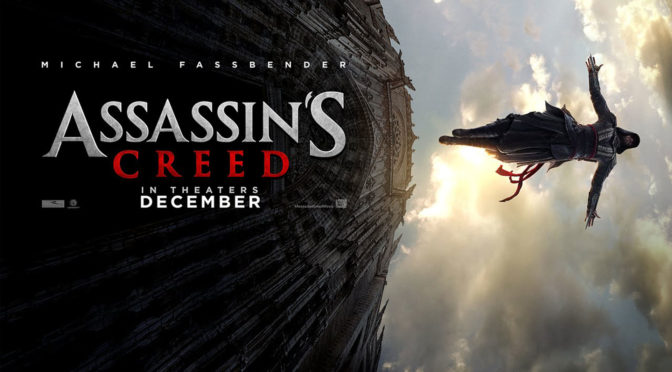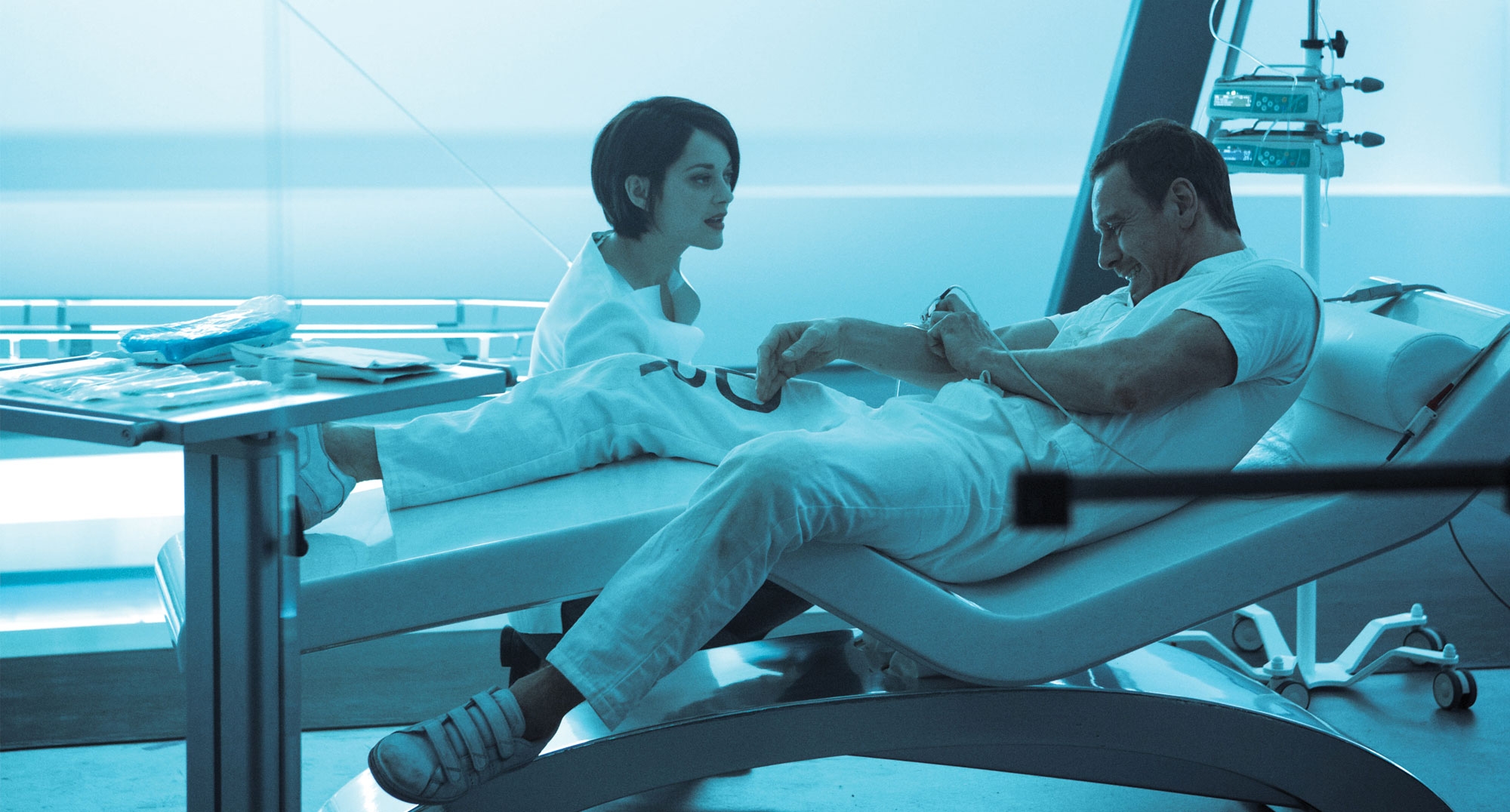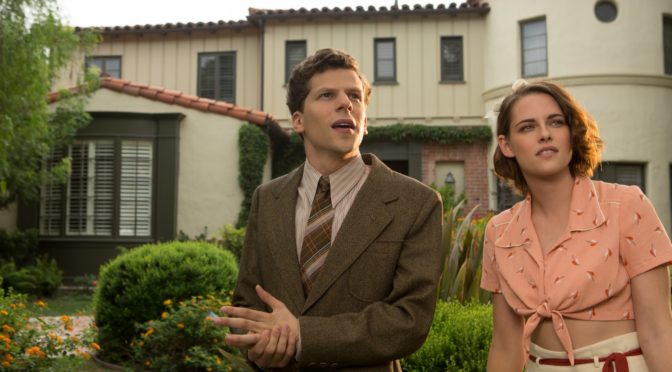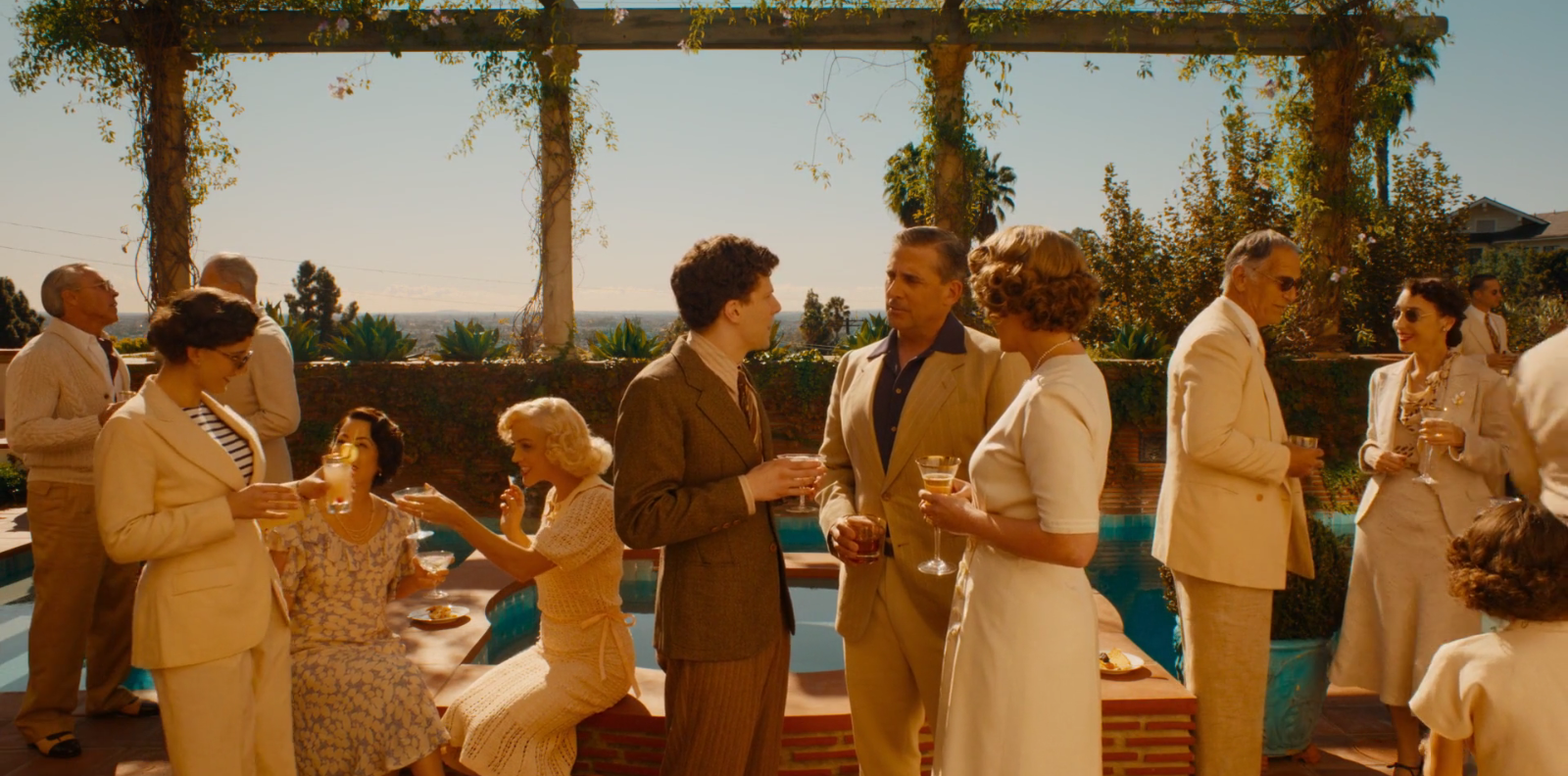After receiving a desperate letter from his younger sister explaining that she has been taken captive by a cult on a remote island, Thomas (Dan Stevens; The Guest) is forced to join the cult in an attempt to save her. He has been dealing with his own personal issues after traumatic events left him in a mental breakdown but must put his needs aside to help the one person in his family that always believed in him. He ventures to the island to find it led by a charismatic “Prophet” named Malcolm (Michael Sheen; Midnight in Paris) who claims to be the voice of the island’s god, a being referred to only as The Lady. The film marks the English language debut of Gareth Evans best known for writing and directing the incredible Indonesian action series The Raid.
Apostle relies on drab visuals to represent the cult’s condition. The island has been developed with houses, churches, and farmland, but nothing in the production design communicates levity or joy. The cast almost exclusively wears cool, dark colors favoring muted blues, browns, and blacks. Buildings look worn from inclement weather and every daytime scene takes place under heavily overcast skies. The few characters that show signs of positive emotions soon face events that remove their happiness making for a downtrodden, gloomy community.
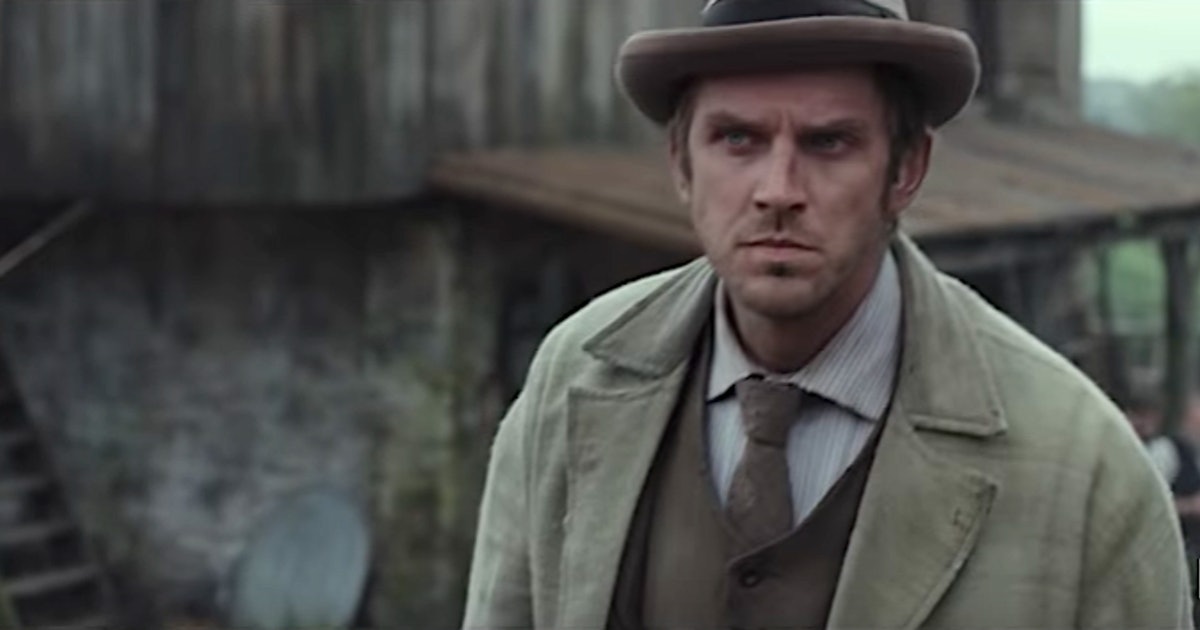
Evans successfully moves in a new direction, which may disappoint some. Fans of The Raid series looking for a continuation of the kinetic martial arts, will not be satisfied here. The film is closer to the thriller genre and relies more on tension and mystery than action. There are a few action scenes and their swift brutality reminds of Evans’s previous work, but they are few in number. The tension is created by Thomas’s infiltration of the cult. The severe consequences of being deemed a traitor or “blasphemer” are established early which makes every decision potentially lethal. Stevens displays the constant unease of the situation and appears to be looking over his shoulder at every opportunity. There are also questions surrounding the group’s unusual rituals and beliefs that may have some supernatural basis that further raise the stakes on Thomas’s mission and deepen the mystery.
The film feels like a modern, violent update to The Wicker Man. It also features a man going to save a young woman from a religious group living in isolation on an island, but Apostle takes the premise much further. It doesn’t immediately condemn people for having their own beliefs, but it also points out their moral inconsistencies. It delves into the fine line between speaking the good word and becoming a demagogue and shows how easily someone can shift between the two. Malcolm founded the community with idealist beliefs but, on the verge of famine, he has turned to kidnapping an innocent woman for ransom money. The struggles he faces test his rectitude and willingness to compromise. Other leaders are less steadfast and, while preaching virtues to others, violate them when personal issues arise. Exploring the drastic consequences of making small concessions to personal beliefs gives Apostle moral complexity to bolster its taut mystery.

4/5 stars.
